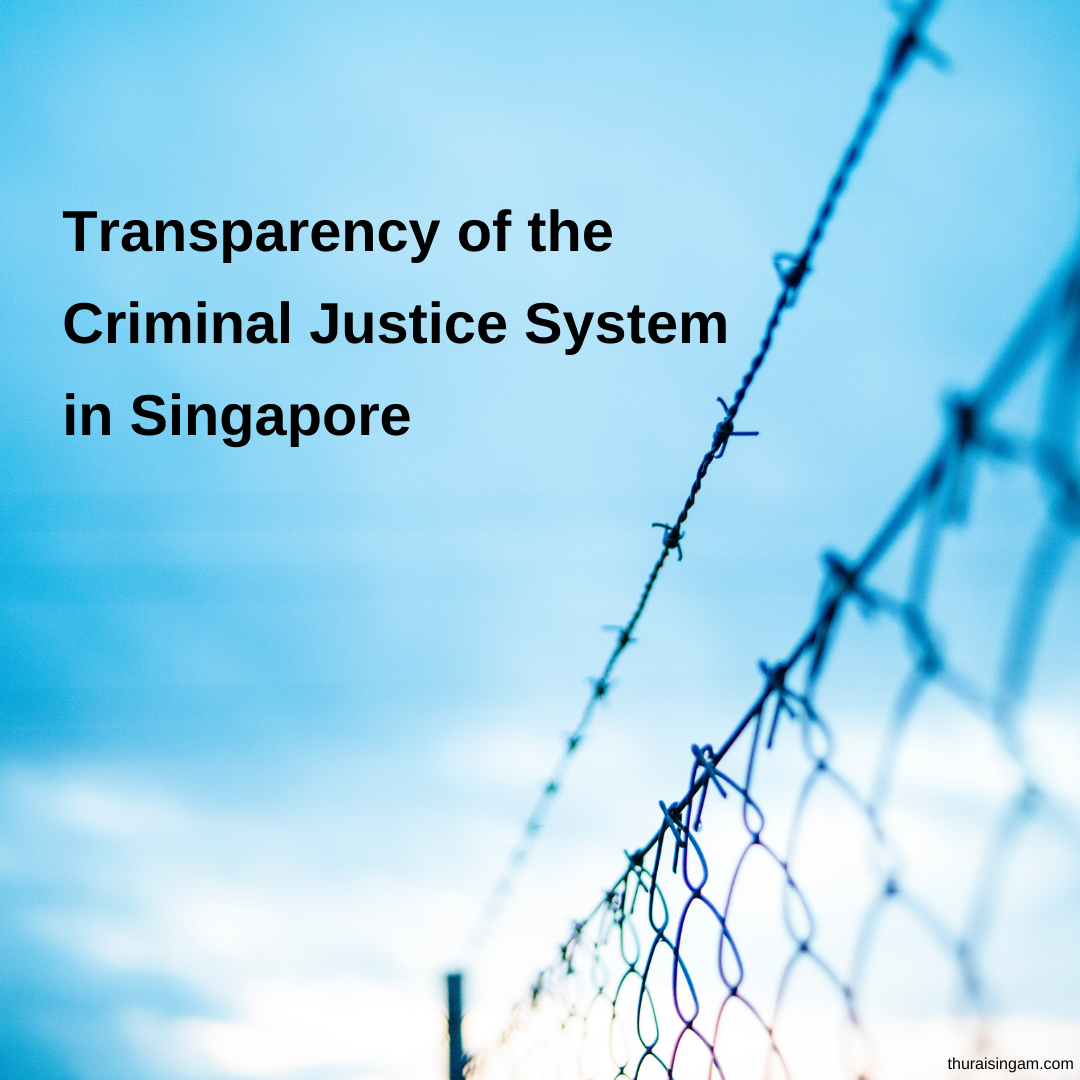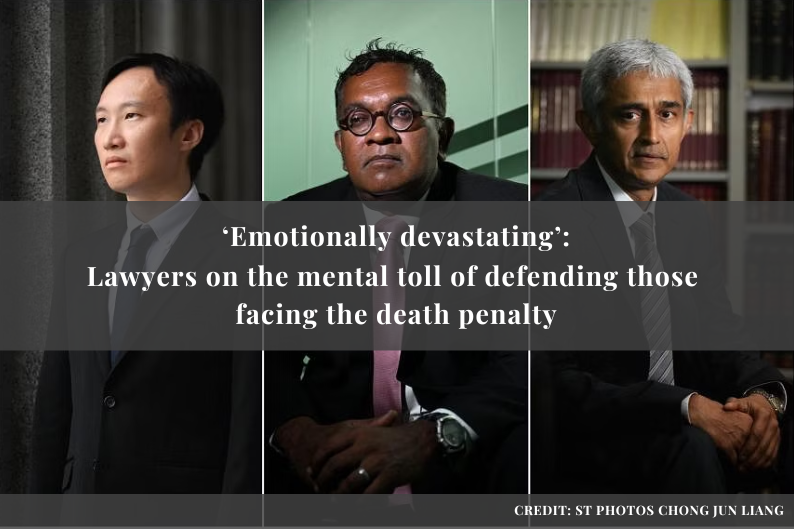Transparency of the Criminal Justice System in Singapore
In the wake of an ongoing debate following from the article titled “The Big Read: Accused persons get no sympathy but long proceedings are tough, more so on those not found guilty”, Chooi Jing Yen shared his thoughts with Today on the rationale behind having an open justice system, which does not provide for an accused person’s identity to be hidden during ongoing criminal proceedings.
1. Principle of open justice
Responding to queries, the Ministry of Law (MinLaw) said that there are pros and cons to prioritising the principle of open justice, and this is a matter that is being kept under review from time to time. Open justice refers to the fact that accused persons are publicly tried and court verdicts publicly pronounced. Singapore’s approach is similar to that of the United Kingdom’s.
2. Presumption of innocence
Explaining the rationale behind this, Jing Yen said that this is to show the transparency of the criminal justice system.
The people also have a right to know what the accusations were, and the responses to them
To some extent, it also allows them to form their own views to certain acts, though the ultimate decision lies with the judge.
Another hallmark of the judicial system is the presumption of innocence, a legal principle that any person accused of a crime is innocent until proven guilty.
That’s why the courts have generally not objected to letting an accused person’s identity be known throughout the proceedings.
Protecting an accused person’s identity also goes against the principle of open justice and it does not help with the public’s understanding of the presumption of innocence.
You’re encouraging the mentality that the accused is guilty because now you’re hiding the name.”
Agreeing, Associate Professor Chen Siyuan of Singapore Management University’s Yong Pung How School of Law said that if the presumption of innocence acts as it should, then having the names publicly known should not be an issue.
3. Stigma of being identified
Others have voiced a differing view. The stigma for identifying accused persons before conviction includes, being shamed at the get-go due to society’s low legal literacy. Some of these recent cases include that of (1) Dr Lui Weng Sun, who was accused of molesting a patient in 2017 and acquitted last month, and (2) Mr Tan Kah Heng who was a former bubble tea store owner, accused of molesting two of his employees. He was eventually acquitted in February and has remained without a steady job since.
4. Concluding remarks
But others have also shared that there are practical obstacles towards concealing accused person’s identities, including how and who should decide whether this should be done. Ultimately, where media reports have covered an accused person’s trial in detail, and an acquittal has followed, the media arguably owes a duty to that accused person (and broader society) to also adequately provided coverage of the facts and circumstances surrounding that acquittal.







